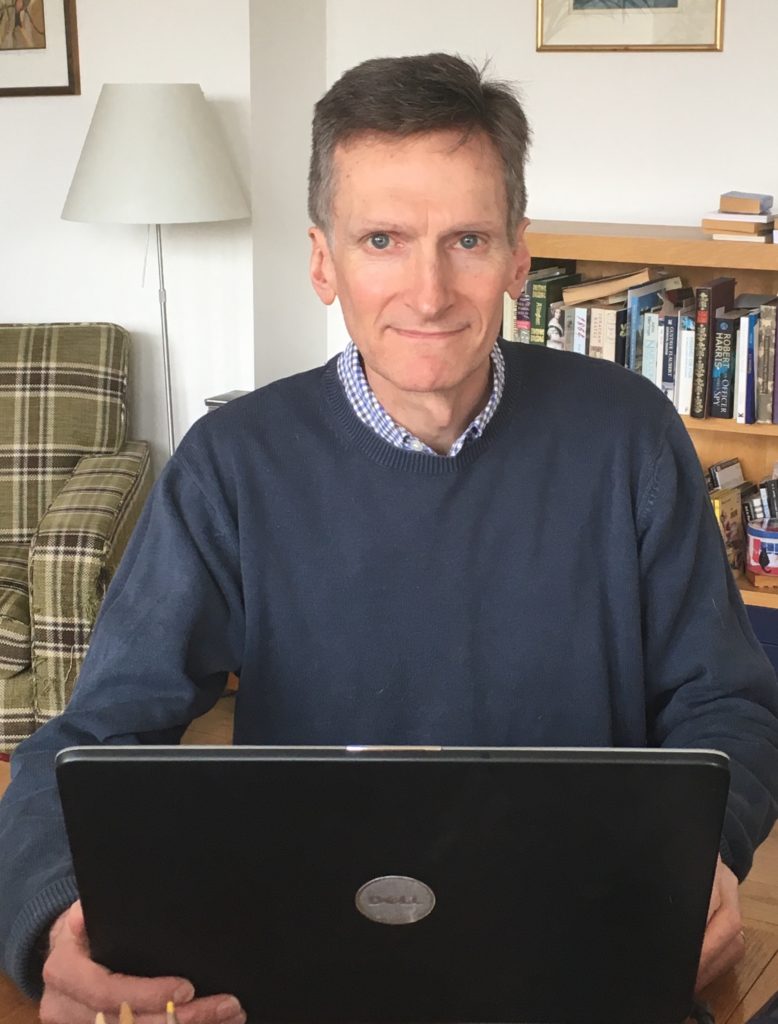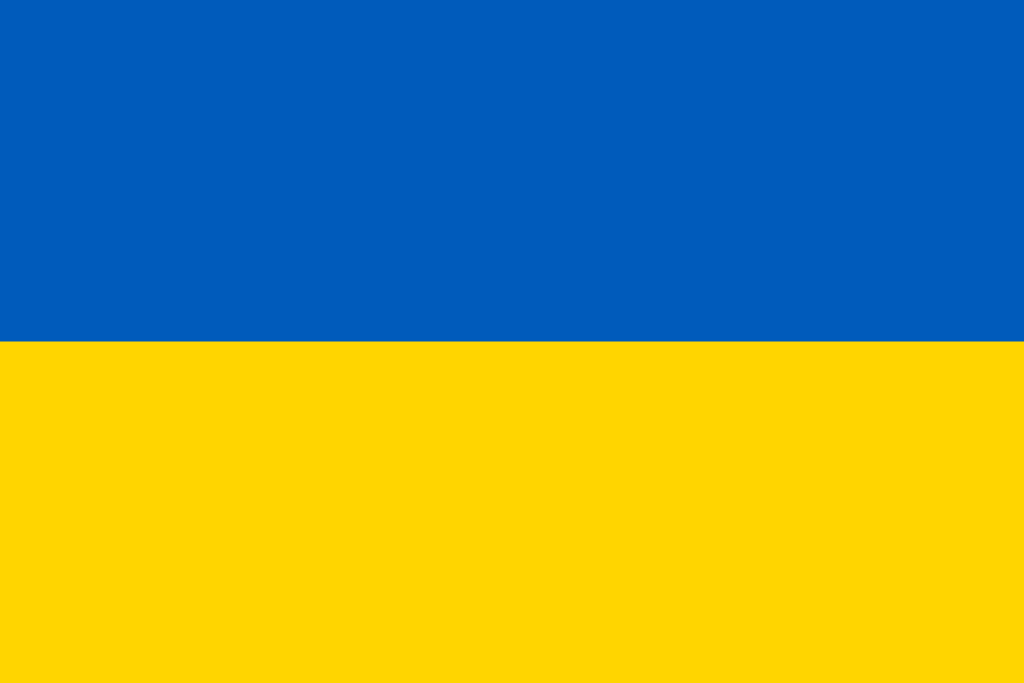27 January 2022
Ukraine
What is Moscow’s motivation?
By Neil Tidmarsh

A country faces imminent invasion. It makes desperate appeals to its western allies, who have helped to train and equip its army for the last decade or so, but it’s clear that they won’t send their own troops to fight in its defence. The enemy – authoritarian, intolerant and oppressive – has already seized a large slice of the country and now appears poised to grab the rest. In many ways – culturally, linguistically, ethnically, religiously – the country has more in common with the enemy than with the west. They share a long history, sometimes of conflict and hostility, sometimes of friendship and co-operation. The enemy occupied the country some years ago but was driven out. Now it’s threatening open warfare and preparing for bloody conquest.
What next? Two scenarios:
1) The government stands firm, plans are drawn up and put in place for the resolute defence of the country’s borders and capital. The armed forces prepare themselves. They’re determined to fight. Leave is cancelled, reservists are called up, civilian defence forces are mobilised and integrated into the regular fighting units. Citizens volunteer to fight in their tens of thousands; they’re given arms (or even purchase them for themselves) and are trained to use them. All available resources are recruited to the war effort; even rogue nationalist militias with unwholesome reputations are co-opted to train and fight alongside regulars and volunteers, and willingly do so. The whole country is ready to defend its liberty with ferocious determination.
2) The government collapses. The president flees the country, politicians go awol, the army melts away. The populace keeps its head down, inert and uncommitted. The enemy marches unopposed through the country and seizes the capital with hardly a shot fired, to its own and the world’s amazement and disbelief at the speed and ease with which it has destroyed a whole nation’s liberty.
The first scenario is Ukraine; the second scenario is Afghanistan. The similarities in the two countries’ situations are striking, but the differences in their reactions are even more striking. Why? Why didn’t Afghanistan defend itself against the authoritarian and oppressive Taliban and why is Ukraine so determined to defend itself against an authoritarian and oppressive Kremlin? There’s one major difference between the two: the Afghan forces had an overwhelming superiority of numbers and equipment over the Taliban, so in theory it was a war they couldn’t lose; the Ukraine forces are vastly outnumbered by the Russian forces, so in theory it’s a war they can’t win. But this only makes the question more puzzling.
Let’s leave the Afghan part of the question to future historians (will they conclude that too great a reliance on foreign aid – military and economic – corrupts the receiver and alienates the giver?) but the Ukraine part of the question deserves further consideration as it could cast light on the mystifying crisis growing on its border.
What does President Putin want? What is he afraid of? What threat is he trying to combat? He says that he wants Nato troops to back off, but his actions have predictably provoked a rush of Nato troops eastwards. He says he’s worried by an enlarged Nato, but his actions have inevitably helped to unify and strengthen a previously divided and weakened Nato. So what does he really want? What does he really fear?
“He feels threatened, not by western forces, but by the emergence of free peoples and independent countries on Russia’s borders” wrote William Hague in The Times this week. The Russian president has built “a kleptocratic, authoritarian pyramid of financial and political power” which could be destroyed if his own oppressed and impoverished people start to demand freedom, independence, transparency and prosperity for themselves; and he is afraid that they may well begin to do just that if they see their immediate neighbours enjoying these and other fruits of a successful democracy. Free and fair societies on his own borders are a direct threat to his own personal wealth and power. The Kremlin has intervened covertly in the embryonic Balkan democracies in an on-going attempt to neutralise the threat there; it has intervened overtly in Belarus and Kazakhstan to neutralise the threats there; but freedom and prosperity continue to grow in Ukraine so the Kremlin is now poised to neutralise the threat there once and for all. The Kremlin has seen Ukraine welcome democracy and reject oppression and authoritarianism; that, suggests Mr Hague, is why Moscow appears determined to conquer Ukraine – and why Ukraine is determined to defend itself.
This crisis is not a repeat of the twentieth century’s Cold War. President Putin is no old party apparatchik or nomenklatura, no dinosaur bunkered and blinkered by ideology, isolation and ignorance. He’s an intelligent, pragmatic, sophisticated twenty-first century man of the world. He must know as well as anyone here in the west that Nato – a purely defensive organisation – has no plans to invade Russia, that the USA has no intention of nuking Moscow. He isn’t worried by the west’s bombs and troops (though no doubt playing on his country’s traditional paranoia about encirclement is a good way of distracting its people from internal problems) – he’s worried by the west’s freedom and prosperity and the dangerous and potentially revolutionary example that sets to his own people.
How should the west respond? Beyond re-opening all the channels of communication which collapsed following Russia’s seizure of the Crimea, it’s difficult to see what the west could or should do, or indeed might want to do. This column has long suggested that the Crimea is Russian by history, tradition and the ethnicity of the majority of its inhabitants, and that a recognition of that by the west could have opened the way for negotiations which might have kept Russia out of the rest of Ukraine, but that opportunity has long gone. And there’s no question now of Europe and the USA refusing to help any independent country to build just, free and prosperous societies, if that is indeed what Moscow is demanding. So it seems that the Kremlin is stuck with the unenviable choice of backing down or launching a war which promises to be difficult, costly and bloody, followed by an even more difficult, costly and bloody occupation.


